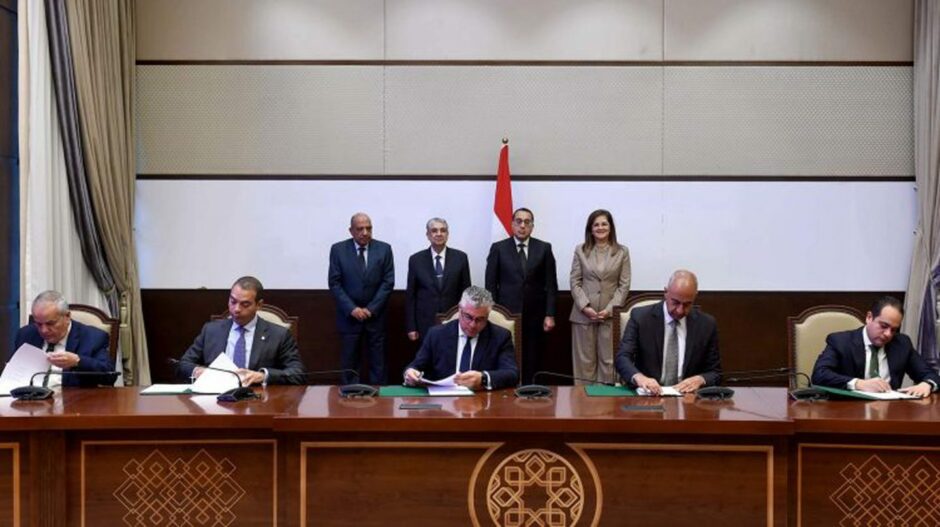
BP has signed a memorandum of understanding (MoU) with Egypt to explore green hydrogen options.
The company signed the MoU with the New and Renewable Energy Authority (NREA), the Egyptian Electricity Transmission Company (EETC), the General Authority for Suez Canal Economic Zone (SCZONE) and The Sovereign Fund of Egypt (TSFE).
As a first step, BP will carry out a number of studies to evaluate the technical and commercial feasibility. It aims to examine the possibility of a “multi-phase, large scale green hydrogen export hub”. It will study a number of areas across Egypt.
“BP is proud of our long history in Egypt and significant role in the country’s energy industry,” said the company’s executive vice president for gas Anja-Isabel Dotzenrath. She noted Egypt’s world-class renewable energy resources.
“We look forward to working with the government to explore how we can support its ambitious low carbon strategy.”
BP sees hydrogen as one of its five energy transition growth engines. It is working on green and blue hydrogen developments in a number of areas, including the UK, Netherlands, Spain, the Middle East and the US.
One month ago, at COP27 in Egypt, BP struck an MoU with Mauritania to explore hydrogen opportunities.
Long-term commitment
TSFE CEO Ayman Soliman said the Egypt deal with BP demonstrated “our role as a catalyst” for the energy transition.
It will provide “investors with a wealth of renewable energy sources, an optimal location for exporting and an investor-friendly ecosystem. It builds on TSFE’s green hydrogen portfolio and complements our strategy and mandate to transform Egypt into a regional hub for green energy.”
BP has a long track record of working on Egypt’s oil and gas resources. It has invested more than $35 billion in the North African state over nearly 60 years.
BP regional president Nader Zaki said expanding the company’s work in Egypt “is testament to BP’s long-term commitment to Egypt”. The agreement builds on Egypt’s endeavours to be a regional energy hub, he said. “We are glad to be able to be a strategic partner to support the country’s green energy transition plans”.

